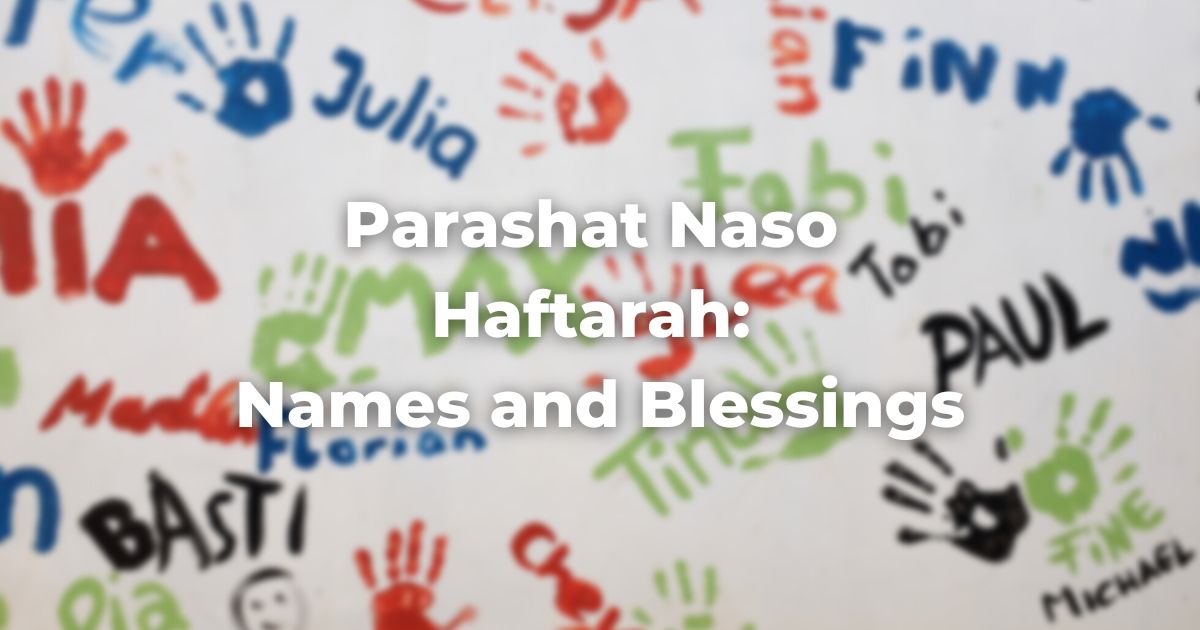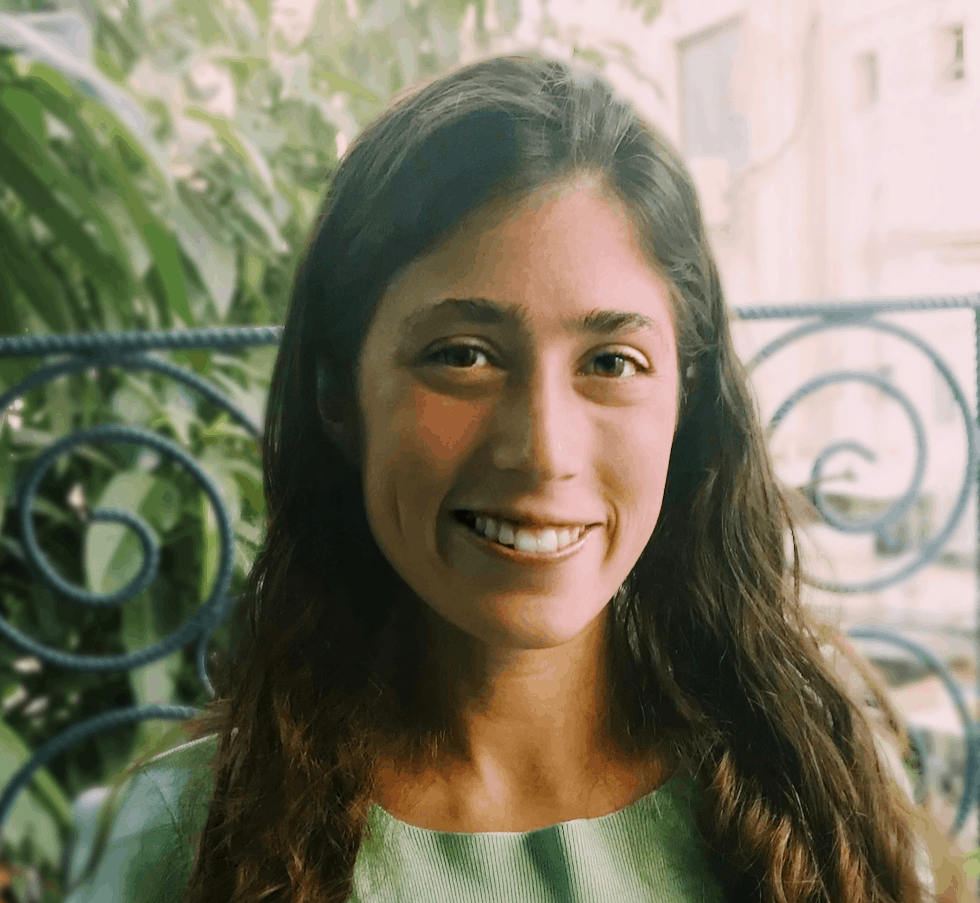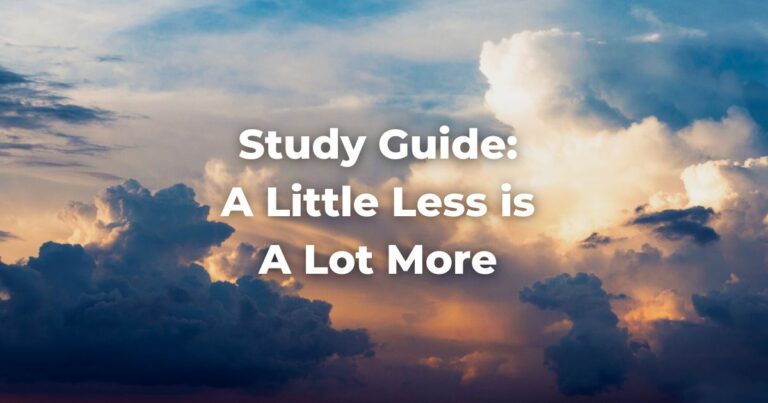Names are important—they tell the world who we are and help us understand ourselves.
Names and Blessings in the Haftarah
In a climatic moment of our parasha, God describes the purpose of the priestly blessing, saying: “And the priests will set my name upon the Israelites and I, myself, will bless them.”
Through the recitation of God’s name in the priestly blessing, God is invoked, such that God blesses through the words coming out of the priests’ mouths. The recitation of God’s name becomes inseparable from blessing.
Yet, in this week’s haftarah, Judges 13, there is deep discomfort around the sharing of names.
There are four characters in the story and only two of them are named—Manoah and Samson.
Manoah’s name can be read ironically. The root of his name is nun-vav-het, to rest. But Manoah is unable to rest, rushing from place to place, from action to action, never content to let the divine plan simply unfold. Samson’s name is also something of a riddle, meaning perhaps “name.” The main character of the story is left nameless, identified only as the woman, the wife of Manoah.
The Fourth Name
The final character of the story refuses to divulge their name.
They are identified as a messenger or angel of God. Manoah asks for more, asks the angel directly what their name is, in order to honor them when their words come true. Much as we honor God and God’s name through the invocation of God’s name, it seems that Manoah hopes to do the same for the angel.
But the angel refuses, saying, “Why are you asking for this, for my name? It is wondrous.” Rashi explains the angel’s comment by way of Bereshit Rabba, saying that angels do not have fixed names. Rather, an angel’s name is dependent on their task.
Malbim takes this idea even further, explaining that at this moment, the angel’s name is Wondrous because the angel has been sent to perform wonders. However, when sent to perform a different task, the angel will have a different name.
We humans are different.
We remain ourselves, we have a sense of internal coherence that lasts not just through any particular action, but through all the years of our lives. It is the thing we summon into being through our names. Samson suffers in this way—as Name son of Rester Who Can’t Rest and Nameless One, he struggles to figure out who he is and where he belongs.
Our parasha offers a direct contrast. There, we are listed by name and by tribal affiliation. We tell ourselves a story of who we are that outlasts the particular actions and rebellions of the Book of Numbers.
Today, the priestly blessing is used, among other things, to bless children. In an undoing of the story of Samson, parents let children know where they come from.
When we invoke God’s name as a blessing over the children, holding God to the part of Godself that is inseparable from blessing.
See more: Parashat Naso
Originally posted as part of the Conservative Yeshiva at the Fuchsberg Jerusalem Center’s Torah Sparks. Support TorahRefers to the first five books of the Hebrew Bible, the Tanakh, also called the Five Books of Moses, Pentateuch or the Hebrew equivalent, Humash. This is also called the Written Torah. The term may also refer to teachings that expound on Jewish tradition. Read more learning from the Fuchsberg Jerusalem Center/Conservative Yeshiva for leaders and seekers around the world here.
Authors
-

Bex Stern Rosenblatt is the Conservative Yeshiva’s Faculty-in-Residence for the Mid-Atlantic Region of the United States, teaching Tanach, using the techniques of close-reading, theater, feminist readings, and traditional commentators. Bex also directs the CY’s recruitment efforts in North America. After finishing her B.A. in History and German at Williams College, Bex received a Fulbright Grant to Austria. She later earned an M.A. in TanakhAn acronym for the name of the Hebrew Bible: Torah, Neviim, and Ketuvim. Read more from Bar Ilan University and has also studied at the Conservative Yeshiva and Bina Jerusalem. Bex is the founder of HavrutaA study partner. A hevruta is more than just a ‘study buddy’ it is a serious and personal relationship between colleagues. Also spelled: Havruta Read more Tel Aviv, an organization that facilitates guided pair-learning of the Tanakh.
View all posts -



The Fuchsberg Jerusalem Center (FJC) is a home in the heart of Jerusalem where leaders and seekers can find an authentic place in Jewish tradition to call their own. FJC offers opportunities to study, pray and explore within an egalitarian and inclusive setting, creating multiple pathways for finding personal and communal meaning.
View all posts






